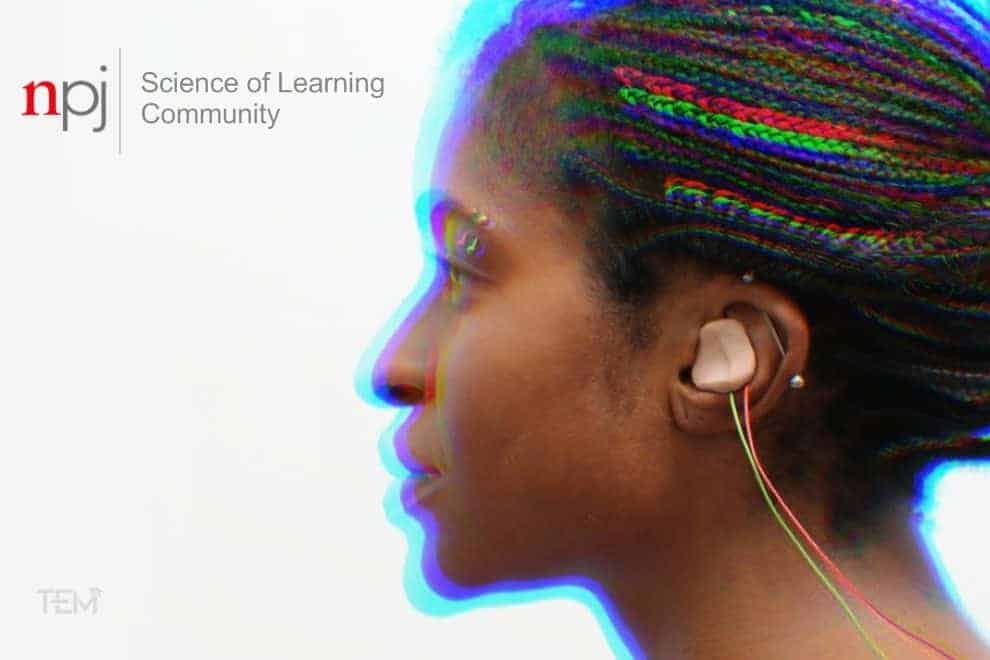Non-invasive nerve stimulation to distinguish different tones of Mandarian
Learning a new language is sometimes like pushing a stone up the hill, just to make it roll to the other side. Believe it or not, but kids are way stronger than adults in pushing that stone. Many researches have shown that children are far better at learning new languages than the olders. But new research has something new to offer to adults struggling for the different tongues!
A new study conducted by Science of Learning shows that small amounts of electrical stimulation significantly improved the language learning abilities of the adult participants. The experiment was done via specially made earpieces, and the effects lasted even after the stimulation was stopped. The report says the vagus nerve of the participants was stimulated in the experiment via the earpieces. This improved their ability to identify as well as distinguish the tones of different tones of Mandarin.
Sci-Fi Language Learning Abilities
Language learning abilities received a boost of nearly 13% in these adults. They performed 13% better at distinguishing an easy-to-differentiate pair of Mandarin tones than those who did not receive the stimulation. But with more difficult tones, the effect of the stimulation was not much noticeable.
“Showing that non-invasive peripheral nerve stimulation can make language learning easier potentially opens the door to improving cognitive performance across a wide range of domains,” said Fernando Llanos, a post-doctorate researcher at the Sound Brain Lab of the University of Pittsburg.
The improvement in language learning abilities can be generalized and extended to learn sound patterns of many other languages. Matthew Leonard, the co-author of the study, said how people often feel discouraged feeling language learning is hard in adulthood. But if their experiments gave 13-15% better results in just one session, it might make more people excited about foreign languages. Leonard is an assistant prof of neurological surgery at UC, San Francisco.
After the initial success in improving adult language learning abilities, the researchers are now busy testing if longer learning sessions with the earpieces can further enhance the effect. This would make it easier for learners to differentiate between the more difficult-to-distinguish tones.
Further applications
Apart from learning languages, the vagus nerve has been stimulated previously in other experiments as well. Back then it was being tested for treating epilepsy, while currently, some studies on this nerve are working to see its effect on curing inflammatory diseases and even depression. But one thing is for sure, these treatments would be way more invasive than the earpieces used in this language learning test.
Bharath Chandrasekaran is the senior author of the language learning abilities study. He explained that their stimulation showed positive effects, but in a non-evasive way. This can make technology more scalable. It can have broader applications, like in the cases of post-stroke rehabilitation. Chandrasekaran is the vice-chair of research at the Uni. of Pittsburg School of Health and Rehabilitation Sciences.










